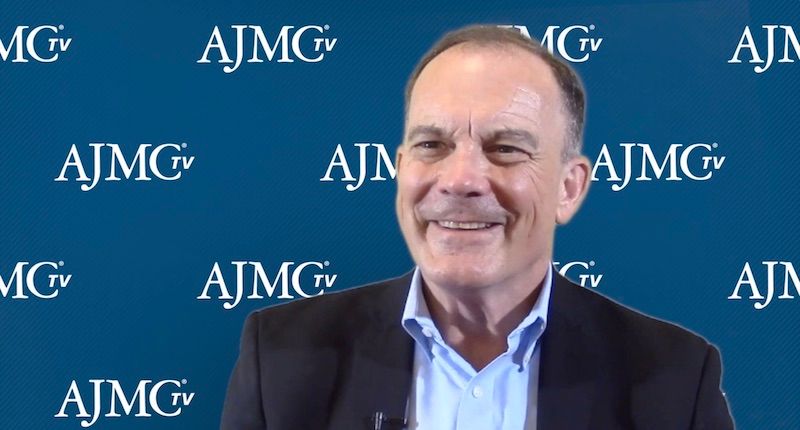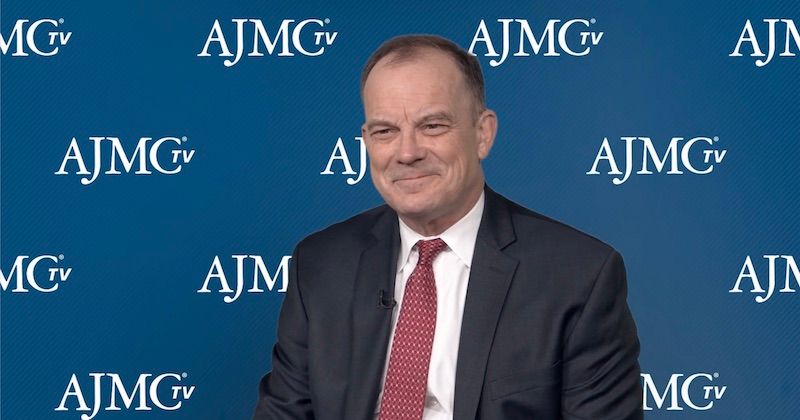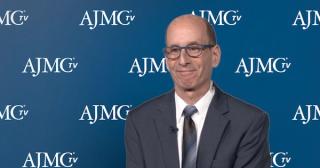
Employers
Latest News

Latest Videos

More News

Higher employer-sponsored healthcare premiums were found to occur in companies where women account for 75% or more, as opposed to 25%, of the workforce, according to a statistical brief.

Eighty percent of employers claimed that they are intending to increase their health and wellness budgets this year, more than double compared with 2009 (33%), according to results from the 10th annual Optum Wellness in the Workplace study.
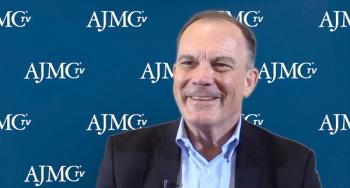
High-deductible health plans have been popular, but it’s becoming clear they are not right for all employees, said Michael Thompson, president and chief executive officer of the National Alliance of Healthcare Purchaser Coalitions.

The 2019 Kaiser Family Foundation Employer Health Benefits Survey results revealed significant rises in annual premiums, setting the context for the role of health insurance reform during the 2020 election cycle.
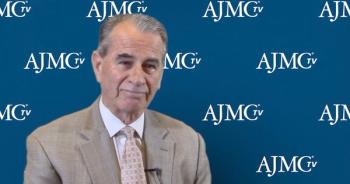
Low-wage earners in a company face a larger burden in access to care compared with high-wage earners, but not all employers recognize this and design benefits with this in mind, said Thomas Parry, PhD, president and founder of the Integrated Benefits Institute.
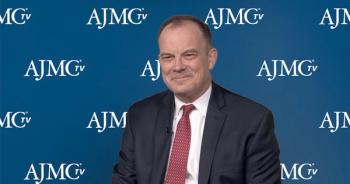
In the past few years, benefit designs have led to a reduction of both low-value and high-value care, and moving forward, new designs have to be tied more directly to value-based reimbursement, said Michael Thompson, president and chief executive officer of the National Alliance of Healthcare Purchaser Coalitions.

Employers have been talking about low-value care for years, but they’re trying to identify to remove the use of those services, said Michael Thompson, president and chief executive officer of the National Alliance of Healthcare Purchaser Coalitions.

While the number of employers who reported they had self-insured at least one health plan had increased from 1999 to 2016, there was a sharp decrease by 38.7% in 2018, according to research from the Employee Benefit Research Institute.

Novel therapies come with high costs, but they have the potential to more effectively treat some patients, and employers are struggling to handle the cost burden of them, said Michael Thompson, president and chief executive officer of the National Alliance of Healthcare Purchaser Coalitions.

Reference-based pricing has been touted as a way to contain healthcare costs while ensuring quality of care. We talk with with David Henka, chief executive officer of ActiveRADAR, to dig deeper into how the method is used in practice and what program results have shown.

The Health Care Cost Institute (HCCI) Tuesday released their final Healthy Marketplace Index, which also showed that 69% of markets studied showed an increase in concentration.

Up to 12% of pharmacy spending may be on high-cost, low-value drugs that can be removed from formularies.

Employers are recognizing the need to modernize the employee health experience following research that demonstrates the disconnect between companies’ investment in health benefits and the impact on employee health.

Employers have become more aware of how key an issue mental health is for employees and they are relieving some of the perceived stigma by making it okay to talk about mental health issues, said Michael Thompson, president and chief executive officer of the National Alliance of Healthcare Purchaser Coalitions.

Currently, employers choose health plans based on administrative costs and provider discounts, but they need to start engaging around value-based reimbursement, said Michael Thompson, president and chief executive officer of the National Alliance of Healthcare Purchaser Coalitions.

On this episode of Managed Care Cast, we speak with the author of a new book that discusses the price and cost of American healthcare. Martin Makary, MD, MPH, a surgical oncologist and chief of the Johns Hopkins Islet Transplant Center, talked about what he found while writing The Price We Pay: What Broke American Health Care—and How to Fix It. Makary discusses spurious billing practices, overtreatment, and the opioid issue, as well as efforts by some providers and employers to reshape primary care.

Out-of-network billing continues to become more common for patients with private insurance even when seeking treatment at in-network hospitals, which creates a financial strain for many patients, according to study results published by JAMA Internal Medicine.

Employers are looking for ways to advocate for their employees and invest in places that will reduce downstream costs, said Michael Thompson, president and chief executive officer of the National Alliance of Healthcare Purchaser Coalitions.

As health costs continue to increase, health spending by families with large employer health plans has increased 2 times faster than workers’ wages over the last 10 years.

Every week, The American Journal of Managed Care® recaps the top managed care news of the week, and you can now listen to it on our podcast, Managed Care Cast.

This week in managed care, the top news included outcomes results in treating heart failure; US prevention experts said more women should get BRCA testing; the American Heart Association offered an advisory on treating high triglycerides with prescription omega-3 fatty acids.

Business leaders discuss challenges of providing healthcare to employees and what has changed in the last few years.

Study authors suggested that future research involve developing and testing strategies for business investment in building healthier communities.

On this episode of Managed Care Cast, we’re bringing you a portion of a panel discussion about the Oncology Care Model, held in July 2019 during a meeting of The Institute for Value-Based Medicine® (IVBM), an initiative of The American Journal of Managed Care®. At IVBM events, we gather thought leaders to share best practices across medicine, pharmacy, and management in regional locations around the country. This podcast is taken from our meeting focusing on Innovation and Quality in Oncology Care.

As disruptive medical technologies emerge, often unanticipated, bioethical issues arise, presenting challenges for employers navigating what benefits to offer to their employees.
